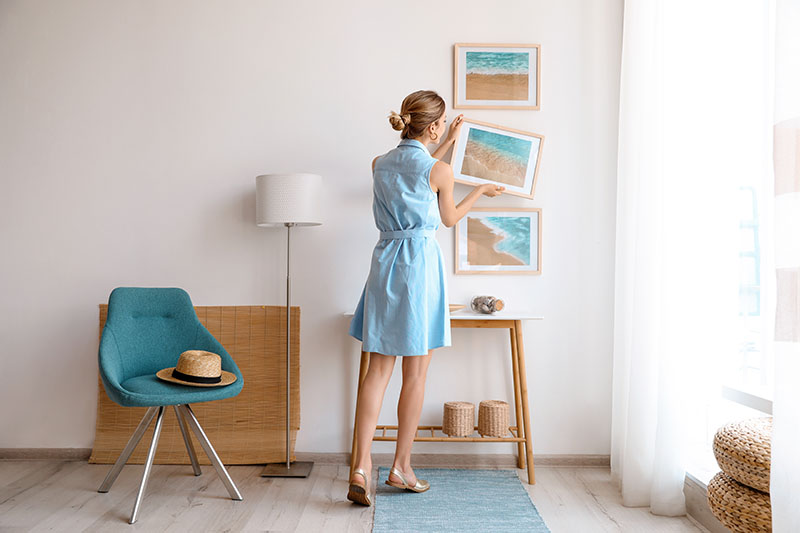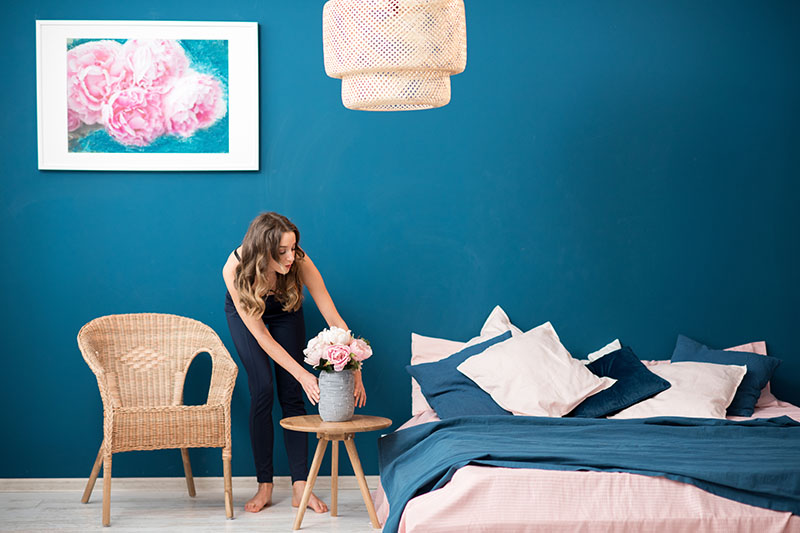Airbnb Hosting 101: Overview
Airbnb’s Place in Australian Real Estate
Since 2008, Airbnb has attracted 150 million users across 190 different countries and hosted over 4 million listings. About 4% of the Australian properties have been rented on Airbnb with about half of them being houses. But the types of properties have been increasingly diverse including boats, train cars, yurts, tipis, and even lighthouses. The total number of unique listings has been growing by 2.43% month over month. Melbourne has the most Airbnb listings, followed by Surfers Paradise and Point Nepean. The growth of the short-term economy is showing no sign of slowing down mainly due to the formidable expansion of the sharing economy.
Australia is a popular tourist destination. Over 9 million tourists visited the country between July 2018 and July 2019. Over 30% of them are from China and New Zealand. In addition to recreational tourists, Australia also attracts about 1 million business travelers and over 500,000 education-related travelers each year. With more and more businesses allowing (or even encouraging) renting Airbnb for accommodation, the short-term rental industry is expected to become a significant part of the real estate economy. Some argue that Airbnb will actually experience an accelerated growth post COVID-19 as many people feel more comfortable with renting a home rather than staying in a hotel building with a bunch of strangers.
All in all, Airbnb and the short-term home rental industry aren’t going away any time soon. Anyone who has a property which can be legally rented to Airbnb or short-term guests can make great money from hosting. Here are some tips to maximise your profit while mitigating the risks.
Airbnb – How It Works
You can post either the entire place or part of the property for rent (private room or shared room) on Airbnb. Airbnb will take 3% commission from the hosts and 6-12% from the guests.
Airbnb collects certain information from both hosts and guests to verify their identities and hosts can decide to only accept guests who have verified government IDs. The platform is built on ‘trust’ between unfamiliar parties based mainly on community reviews and digital identity. Everyone is expected to abide by the set community guidelines and violators will be weeded out due to feedback from other members. You can set your own standards and criteria to manage your risks inherent in opening your home(s) to unknown guests.
Airbnb provides host guarantee which protects hosts globally for up to $1 million USD in damages incurred by the guests. However, benefits are only paid out if the hosts followed all the suggested safeguards such as setting and delineating reasonable expectations (i.e. house rules). In addition, hosts also are provided with host protection insurance which covers up to $1 million for any bodily injuries or damages to properties belonging to guests during their stay. These benefits, however, do not cover any financial penalties incurred by the hosts due to hosting properties illegally.
What Makes One a Successful Host
How successful you are as an Airbnb host depends on the following factors. Createbnb.com.au provides detailed tips on each one.
- Furnishing and Amenities
- How to Describe Listings
- Pricing and Additional Fees
- Guest Screening and House Rules
- Reviews and Becoming a Super Host
- Maximising Occupancy
- Risk Management with Insurance
- Listing on Airbnb Luxe or Airbnb Plus
After some good reviews from happy guests, you can become a superhost which allows you to have more leverage in pricing and guest selection. An average host makes about $5,600 a year but the top 10 hosts could make between $2 and $5.3 million across multiple listings. The revenue from hosting could be significantly increased if you invest the time and effort into it.
Property management has become a crucial part of the hosting economy and top Airbnb hosts often achieved growth with property managers. They can help you maximise bookings and enhance the quality of guest experience at scale, optimising revenue opportunities.









